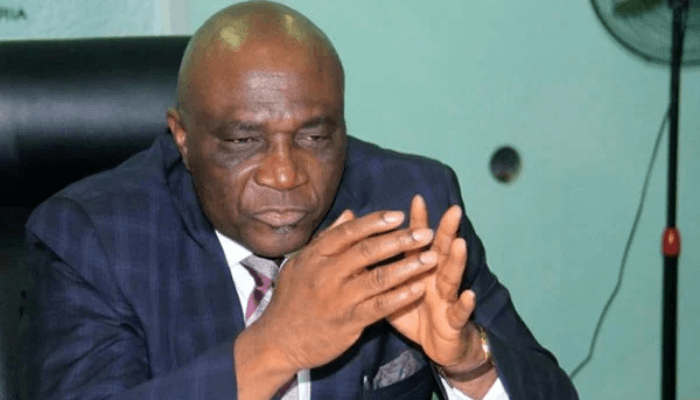Nigeria is losing an estimated $1.1 billion each year to medical tourism, a development the African Export-Import Bank (Afreximbank) has described as a major drain on the country’s foreign exchange reserves and a serious barrier to the growth of its healthcare sector.
The revelation was made by Afreximbank’s Director of Export Development, Mrs. Oluranti Doherty, during the Bank’s 32nd Annual Meetings held in Abuja on Thursday.
Doherty highlighted the scale of capital flight, noting that Nigerians seeking medical treatment abroad contribute to a continental loss of nearly $7 billion annually. “That’s money going to other economies, building their institutions, while our own health infrastructure remains underdeveloped,” she said.
She warned that the trend not only affects economic growth but also discourages investment in local health services and infrastructure. “Our reliance on foreign medical care is hurting us on many fronts — from forex loss to weak healthcare systems.”
In addition to the financial implications, Doherty pointed to the steady exodus of skilled medical professionals from Africa. “We are losing some of our best health talents to countries like India, across Asia, the Middle East, and the U.S. That brain drain is a serious issue.”
In response, Afreximbank launched its Health and Medical Tourism Programme in 2012, aiming to reduce dependency on overseas care and redirect investments into local healthcare.
One of the Bank’s flagship projects under this initiative is the Africa Medical Center of Excellence in Abuja — a 170-bed facility equipped with cutting-edge medical technology, including an 18 MeV cyclotron, three-Tesla MRI, and a 20-bed intensive care unit. Afreximbank has committed over $450 million to the project.
“Afreximbank had to go where no one else had gone,” Doherty said. “This isn’t just about meeting African standards — it’s about meeting global standards and showing that Africans can create world-class solutions.”
She emphasized the importance of restoring public confidence in domestic health systems and called for policies that make quality healthcare accessible at home. “It’s time we believe in our capacity to treat our own people and build systems that keep our money and our professionals here.”











